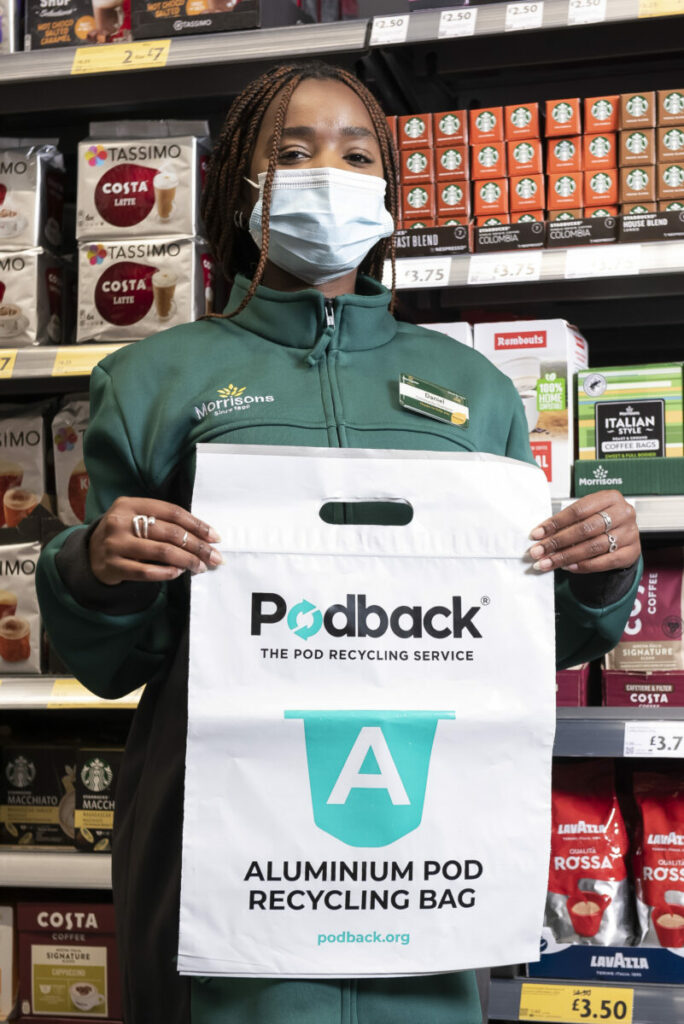Luxury pre-loved fashion brand Vestiaire Collective has banned a number of fashion retailers from its platform as it looks to remove all ‘fast fashion’ brands from its listings.
The fashion brands which have been unceremoniously removed from the reselling site include Abercrombie & Fitch, H&M, Mango, Gap, Zara, Urban Outfitters and Uniqlo.
This is the second year running that Vestiaire Collective has banned a number of high-profile retail and fashion giants from its site, as it rolls out a three-year programme to ban all fast fashion brands from its website.
Last November saw the luxury fashion reseller make the announcement that it was banning the first round of fast fashion brands and retailers, including Asos, Boohoo, Miss Selfridge, Missguided, Nasty Gal, Pretty Little Thing and Shein.
After a year of research and planning more industry giants such as Abercrombie & Fitch, Gap, H&M, Mango, Uniqlo, Urban Outfitters, and Zara among others, will not be sold on the platform.
Subscribe to Sustainability Beat for free
Sign up here to get the latest sustainability news sent straight to your inbox everyday
In order to decide which retailers should be removed from the site, Vestiaire Collective worked with industry experts Orsola de Castro, co-founder of Fashion Revolution and Eva Kruse, chief global engagement officer of Pangaia and founder of the Global Fashion Agenda.
The five criteria which helped guide the decision were:
- Low price point: estimated average price point, also considering the repairability component
- Intense renewal rate: the estimated number of collections or number of new items drops per year
- Wide product range size: the number of items available at a given moment
- Speed to market: the production cycle time, from designing phase to finished goods in store
- Strong promotion intensity: the frequency and intensity of sale promotions
“The decision to ban fast fashion was made to support our long time work to promote alternatives to the dominant model of fashion,” said Vestiaire Collective chief impact officer Dounia Wone.
“Fast fashion brands contribute to excessive production and consumption, resulting in devastating social and environmental consequences in the global South. It is our duty to act and lead the way for other industry players to join us in this movement, and together we can have an impact.”















